Yerwada jail in Pune made a different kind of headline in 2017 when actor Farhan Akhtar launched a new song from his film, Lucknow Central, in the presence of 4,000 inmates. This was probably the first time any film-related activity was allowed inside the noted high-security jail.
Getting permission to launch a music video in a place housing high-profile criminals—and where 26/11 terrorist Ajmal Kasab was hanged—almost seems like a bizarre idea, but not to Bengaluru-based couple, Benjamin and Ivy, and co-founders of Filmapia.
Filmapia is a venture that scouts movie locations for films, advertisements and web series. Three months before the launch date, the filmmakers approached Filmapia for the nearly impossible task. Several flights, meetings and assurances later, they got the permit.
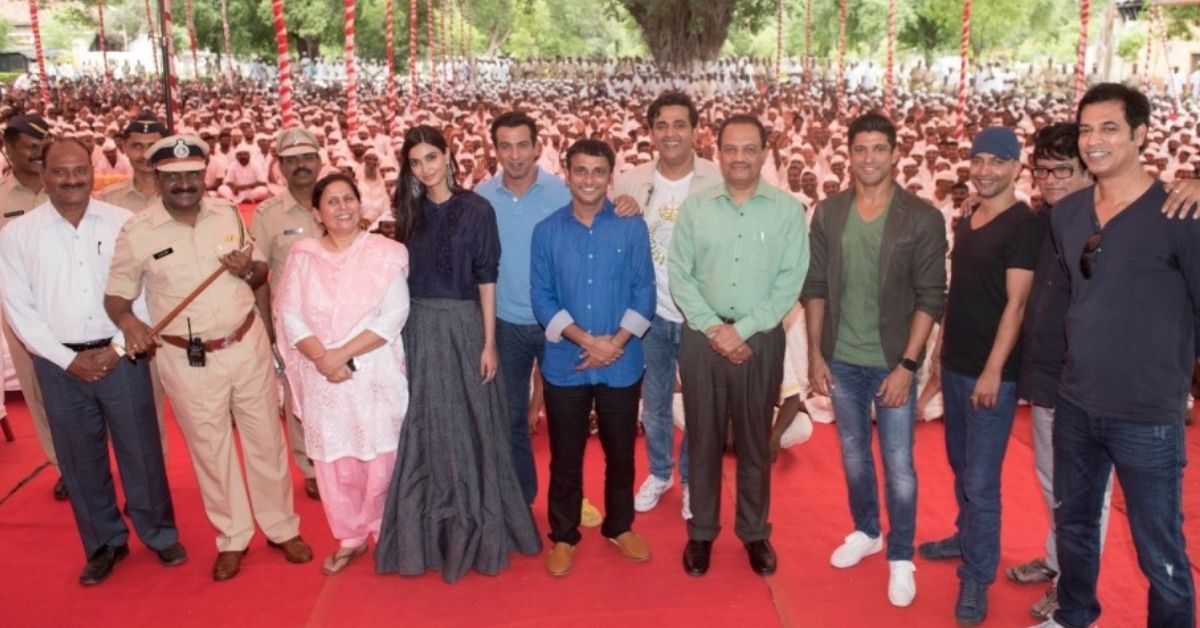
The rush they got from this accomplishment only assured them that quitting their cushy IT jobs was a good decision. The stint gave them more clients and the confidence to scale up their services.
Benjamin and Ivy were like every other movie buff eagerly exploring and analysing movies. But unlike others, the duo went a step ahead and got their dream job through Filmapia.
Neither did they have any experience nor contacts in the entertainment industry when they started. Yet, they have completed 170 projects with over a 100 clients — from filmmaking students to bigwigs like Facebook, Netflix, Viacom 18, Colors, Excel Entertainment and more.
However, Ivy points out their corporate experience did not go in vain, “After working in the corporate world for nearly two decades, both of us have a strong network. We are using that to our advantage in getting permissions from resorts, institutions, private properties, etc. We understand their concerns and make our presentations in a very organised manner,” she says.
The Better India speaks with the founders of Filmapia about their journey from being dedicated cinephiles to reading scripts, scouting locations and travelling the world and the unexplored hinterlands of India.
Tapping an unorganised market
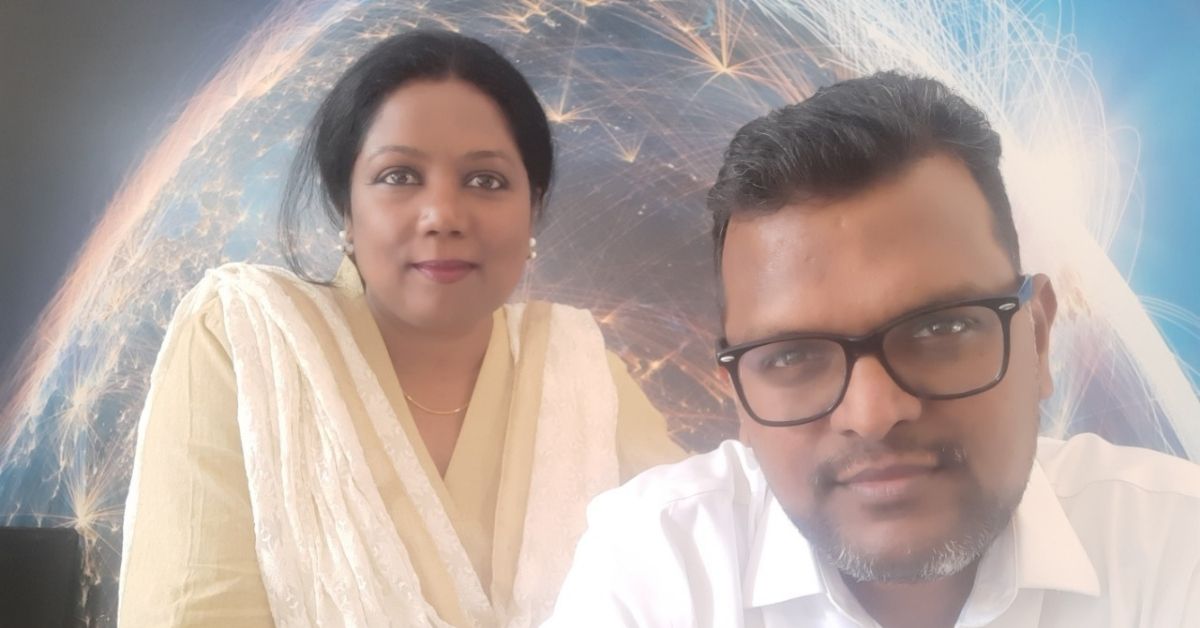
While Benjamin is from Mumbai that houses one of the world’s largest film industries, Ivy is from Bengaluru, an IT hub. Benjamin moved to Bengaluru for a job and since then the couple has been living there.
Both of them grew up watching Hindi and regional cinema, “Back then, there were fewer entertainment options so movies became an integral part of our routine. After marriage, we transited to world cinema. We made mental notes of the breathtaking locations and soon that translated into an internet blog. We visited places where a film was shot and documented famous sites or eateries to explore. Our presentation on Ramanagara’s rocky terrain where Sholay (1975) and Kolar where Qayamat Se Qayamat Tak (1988) was shot was well received. That motivated us to launch a travel business but that didn’t work out. Thankfully, we kept uploading movie locations on our blog,” says Benjamin.
In 2014, an ad filmmaker stumbled on the then-functional website and approached the couple to find a location with rocky terrain and tall grass.
“We were quite surprised but excited to do it. We found a perfect spot near Nandi hills, [Karnataka] sought permissions, finalised dates and reached the location on the shoot day. The model was a kid who wanted something sweet to eat, so we ran around and arranged gulab jamuns too. Everything went smoothly and we bagged two more projects from the same client — Myntra. We knew we wanted this for life and continued arranging locations alongside our full-time jobs till 2017,” says Ivy.
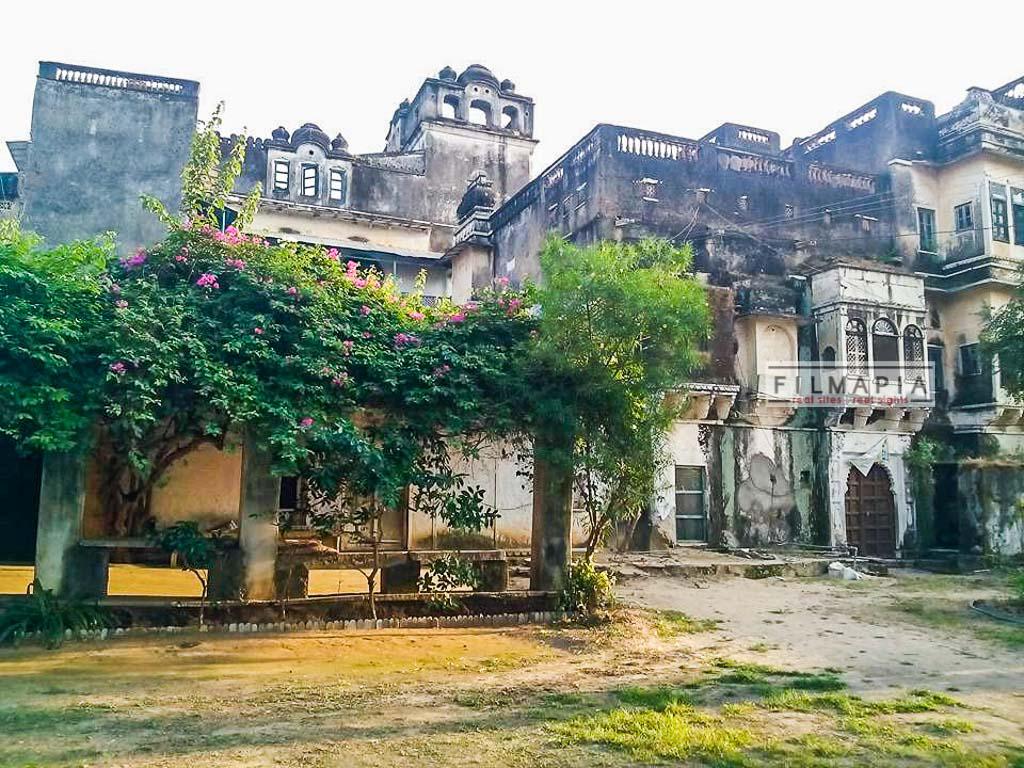
The duo learnt a lot on shoots like crowd management and safety of the people and property. They also realised the chaos of this unorganised sector.
“Location managers often take extra commission, don’t pay attention to property damage or refuse money to owners. We wanted to do it professionally and maintain complete transparency, especially in terms of payments. With a lot of research work and running around, this was a highly demanding job. So, we quit and formally launched Filmapia in 2018,” adds Ivy.
Watch movies & travel

Filmapia’s business model is a three-pronged approach. Either the client chooses a location from their website, in which case the process is made easy, or if the filmmaker does not have the time, then based on their requirements, the couple sends options.
However, their most creative solutions come from a third option.
“Filmmakers share their scripts and we send location options based on the characters. We ensure it is budget-friendly. For instance, if they need a beach in Bengaluru then we send pictures of a beach in Mangaluru instead of Goa or Mumbai. We drive around to find suitable sites and in the process, we often discover hidden gems of the region like the Yana caves in Karnataka, a temple in the middle of a lake in Mangaluru, a 400-year-old ancient Kerala house and so on,” says Benjamin.
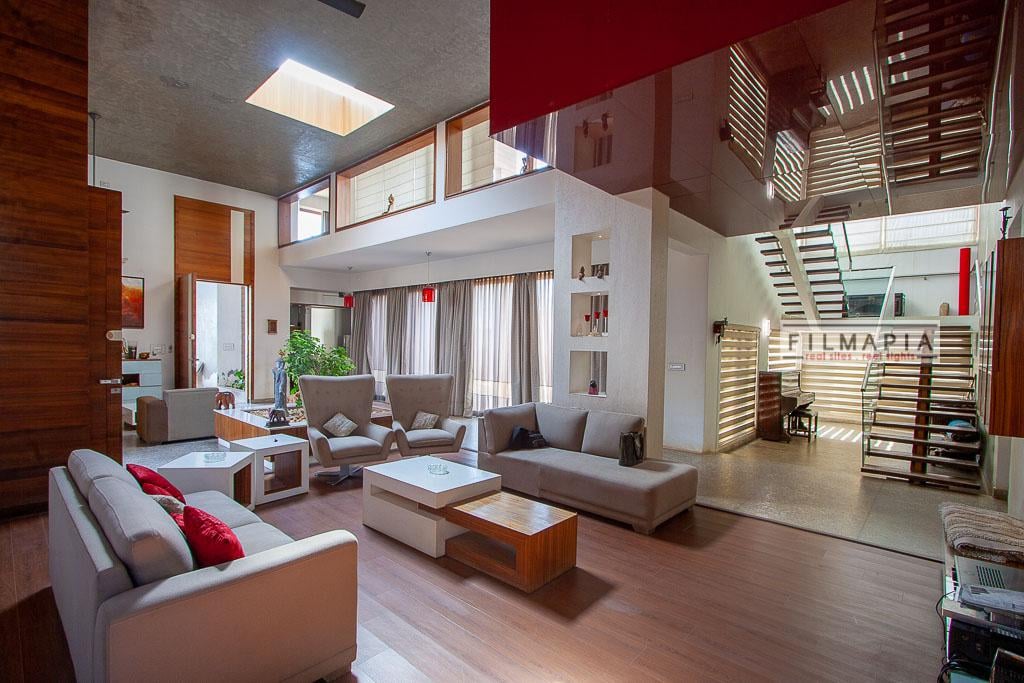
The impact of hunting locations is incredible. For instance, a private property in Kerala with a sprawling basement inspired a Chennai filmmaker to develop a script around the house. They found a less-explored forest with abandoned vehicles, rivers and lakes on the outskirts of Bengaluru — which is an action filmmaker’s paradise.
The duo takes equal efforts to make the process hassle-free for owners while onboarding them onto the website. This includes answering their queries, signing up contracts and ensuring they get paid for damages or repairs.
Canada-based Rohan Chandrashekar says managing his property in Bengaluru was a huge hassle until he came across Filmapia.
“I didn’t have the time to look after rental management so I looked for agents. When I saw the Filmapia website, I couldn’t believe it and even asked Benjamin if it was for real. They have streamlined the process and instead of talking to several people in the production team, I now only speak to the founders,” he tells The Better India.
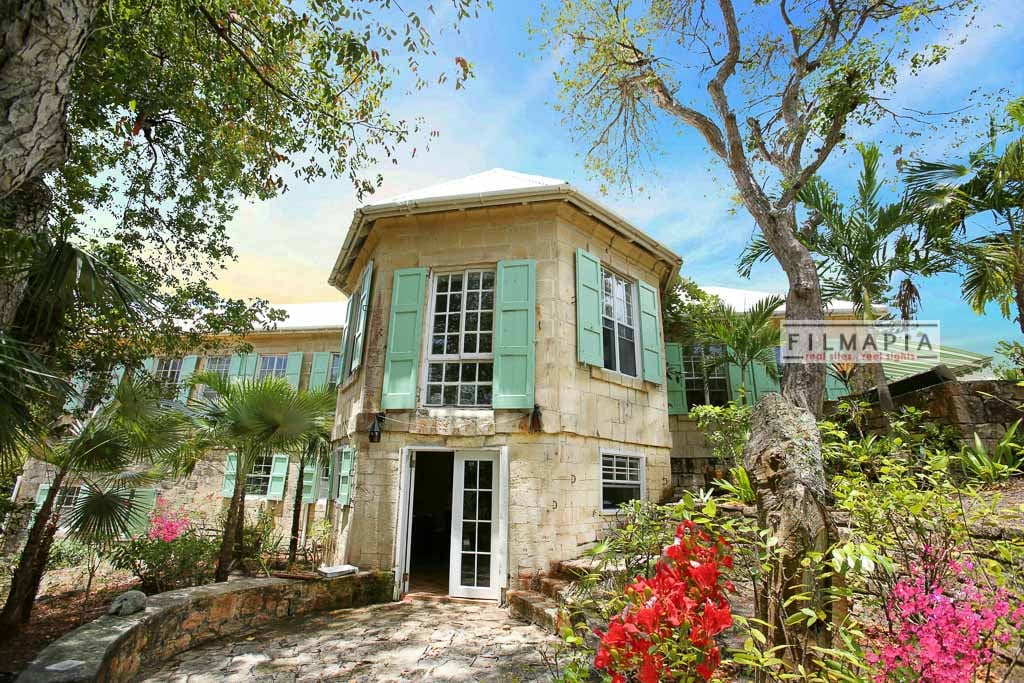
Like Rohan, several property owners approached the company and got onboard. Ivy says they hardly spent anything on marketing and work on referrals from clients and owners. The company’s growth has been organic.
One of the best things to come out of this exercise is the reduction in costs and time.
“Clients don’t need to physically visit locations to ensure it is suitable or spend time convincing an owner. Our homework invariably cuts down the expenditure by 50 per cent. As for our commission, it depends on the requirements,” says Benjamin.
Once the client and owner agree, the duo conducts multiple meetings with directors like the director of photography, light team to check camera angles, natural light, props, etc. They even make an attempt to be present on shoots.
The couple have also had their share of challenges such as miscommunications, property damage, last-minute cancellations, among a whole list. However, they have used their learning curve to tailor a better plan for the future.
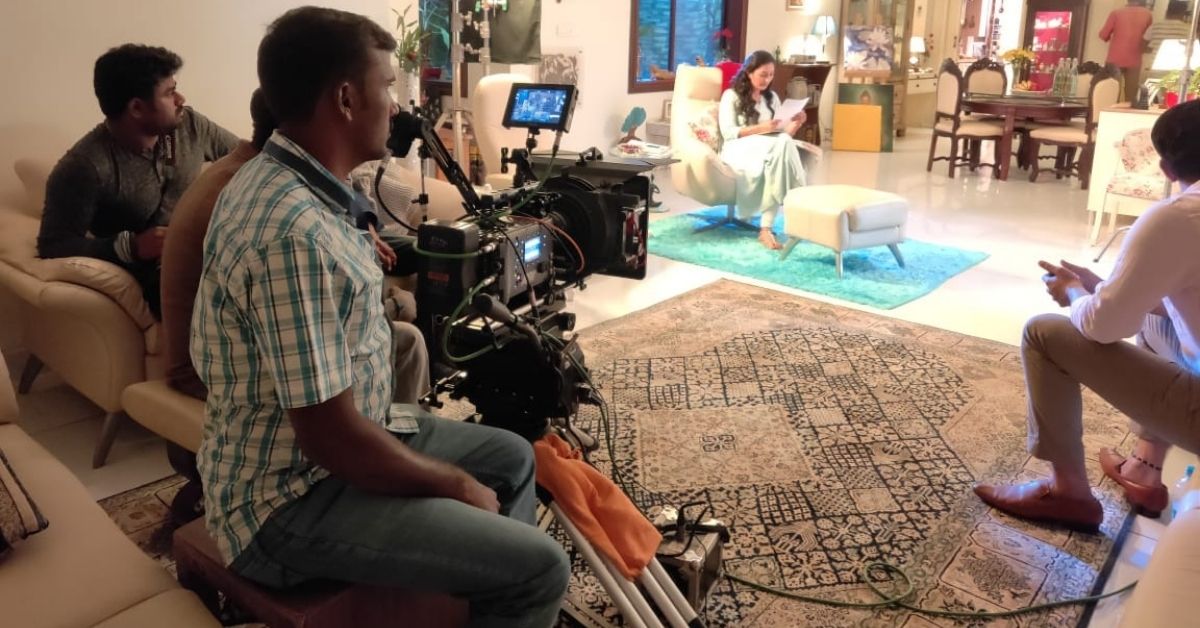
A notable impact of Filmapia is benefiting the local communities through tourism.
“By showcasing unexplored and beautiful areas of India on-screen, we hope to generate a social impact in local communities — like the Pangong Tso Lake that increased tourism in Ladakh post 3 Idiots (2009). Moreover, sometimes the filmmakers hesitate to shoot due to language barriers but we try to mitigate that and encourage several regional cinema makers out of their comfort zones,” says Ivy.
Although the pandemic has limited the activities, Benjamin and Ivy are finding innovative ways to collaborate with OTT (Over The Top) content-makers in future, considering the boom in online streaming.
Get in touch with Filmapia here.
Edited by Yoshita Rao
No comments:
Post a Comment